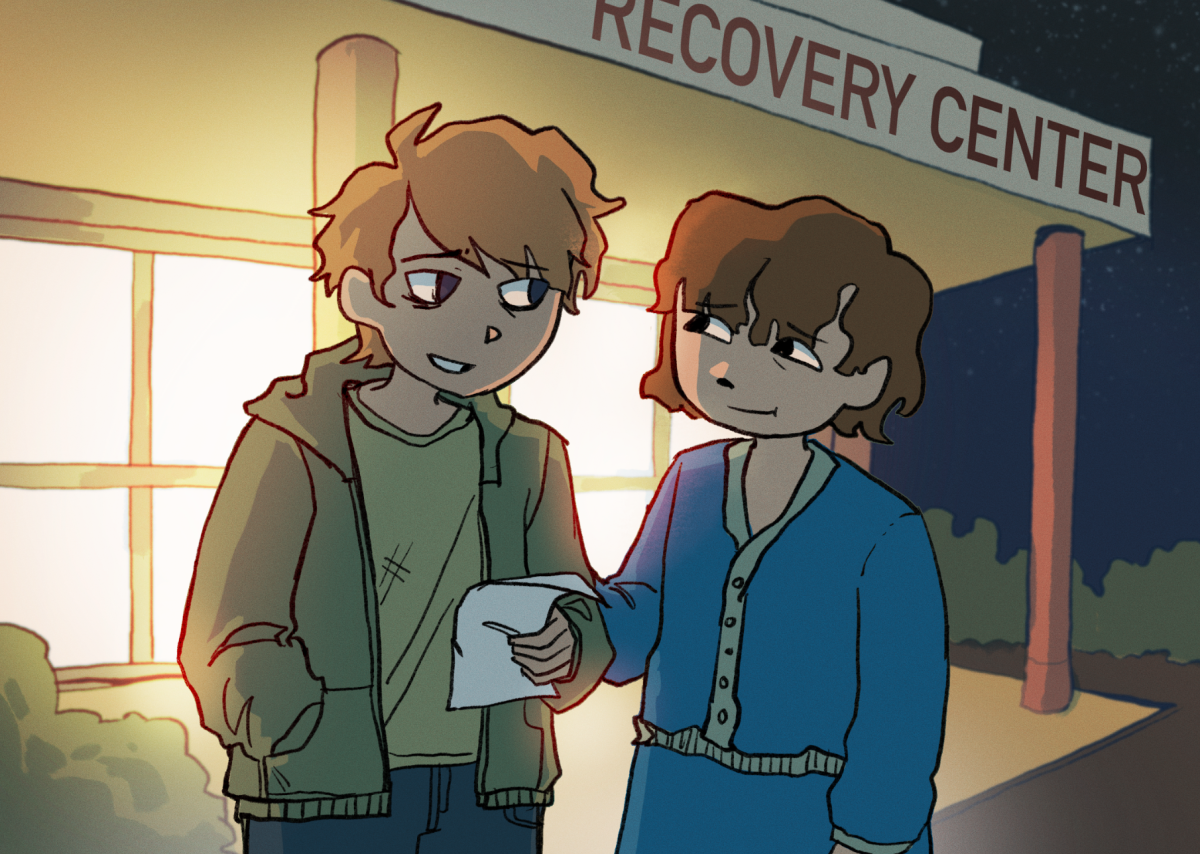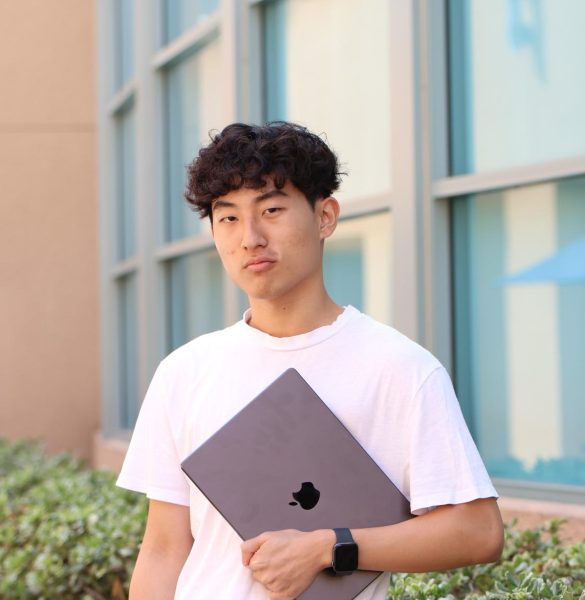Fentanyl overdose deaths have skyrocketed over 1,700% in Orange County in the past eight years, surged by 1,652% in Los Angeles and drove the deaths of 22 high schoolers every week across America in 2022. This rapidly escalating public health catastrophe is somehow both well-documented and relegated to the shadows of public discourse.
No longer, however, can we look the other way. Local, state and national governments must adopt a new model—reducing the harms associated with both drug use and punitive punishments.
The decades-long policy known as the “War on Drugs,” first enacted in the 1980s, has only resulted in a $40-billion-per-year punitive model of imprisoning and penalizing drug users. Data from the U.S. Bureau of Prisons indicates that nearly half of the U.S. federal inmates are incarcerated for drug offenses, not to mention the unacceptable racial disparities in it. A 2021 study by the University of Chicago debunked the efficacy of imprisonment as a deterrent to drug use, showing little to no difference in recurrence of drug addiction between those who were imprisoned versus those who were put on probation.
Furthermore, current policies have not been updated to reflect common understanding that addiction is a brain disease that triggers from exposure to addictive substances, not a matter of willpower. Specifically, it can develop as a result of dependency developed from painkillers, a desire to simply feel better or even continued peer pressure. Some people are at higher risk of addiction due to genetics and socioeconomic status. The staying power of addiction persists regardless of the reason for initial exposure.
However, decriminalizing America’s drug policies without simultaneously incorporating a rehabilitative model will only worsen the crisis. In Oregon, there have been adverse effects and movements to roll back some of the changes, with increasing usage of drugs, an escalating unhoused crisis resulting from a lack of adequate shelter, and a critical lack of behavioral health services that have led to Measure 110’s partial rollback.
Portugal, however, has seen substantial improvements using a rehabilitation model in conjunction with the decriminalization of drug possession in 2001, when they had a heroin and HIV transmission crisis, to now, with one of the lowest rates in the EU.
Policies and programs that mimic European models, incorporating overdose prevention centers, safe supply centers and the decriminalization of drug use, in conjunction with a surge in behavioral health and social integration services, should be given a fair evaluation. We should also consider adopting new proposals such as drug-free homeless housing, recognizing the crisis of homelessness in our streets. Naloxone, a common overdose-reversing drug, as well as treatment services, must be made more accessible. California is off to a good start with its Naloxone Distribution Project, which now includes free fentanyl test strips in addition to Naloxone.
On the local level, IUSD has commendably distributed Naloxone to all middle and high school campuses. We should make a concerted effort to raise awareness of this resource and consider distributing them to potential areas of concern, such as bathrooms. Further, the district should strongly consider adopting the harm-reduction drug education curriculum authored by Stanford Medicine and Drug Policy Alliance, which will teach students both the importance of abstinence, but also provide honest information on the best course of action in possible encounters of drugs, even addressing overdoses. ‘Just say no’ has failed, and we must adapt to this reality.
You never know who is suffering from addiction, and quite often, it is those who are the closest to us who are hurting. Treat addiction with the care and understanding it deserves. In a time where so many things seem uncertain and broken, we can, at least, be humane to those who are most vulnerable. We can heal the scars that addiction leaves behind, but only if we embrace it.
If you or anyone you know is struggling or is in crisis, help is available. Call or text 988 for further assistance.



![AAAAAND ANOTHER THING: [CENSORED] [REDACTED] [BABY SCREAMING] [SIRENS] [SILENCE].](https://thehowleronline.org/wp-content/uploads/2025/06/lucy-1200x800.jpg)

















































